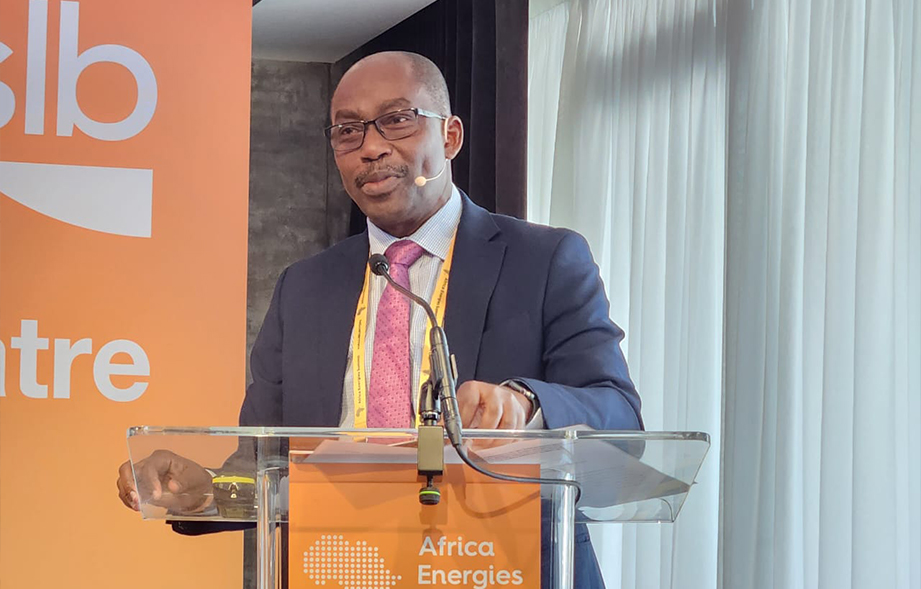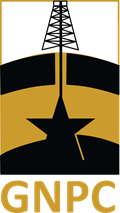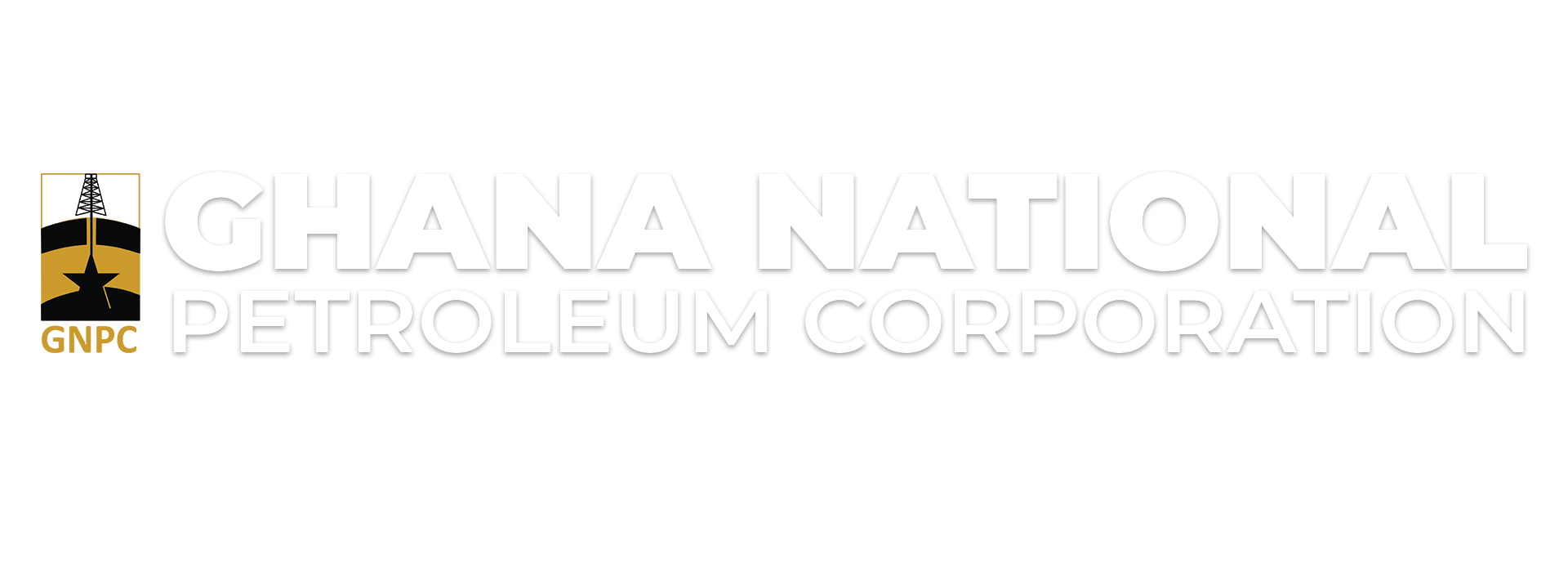
GNPC Acting CEO Details Strategic Upstream Overhaul at Africa Energies Summit, Targeting Production Revival Through Innovation and Investment
Mr. Kwame Ntow Amoah, Acting Chief Executive Officer of the Ghana National Petroleum Corporation (GNPC), presented a comprehensive strategy to revitalize Ghana’s oil and gas sector at the 8th Africa Energies Summit. He emphasized the imperative for strategic investment and technological innovation to counteract declining production and ensure sustained sectoral growth.
Addressing an assembly of industry executives, policymakers, and global energy stakeholders, Mr. Amoah presented "Taking Ghana to the Next Level: Advancing Oil & Gas Exploration & Production," outlining GNPC’s multifaceted approach to reversing a significant downturn in oil output experienced over the past eight years.
Addressing Production Deficiencies and Resetting the Upstream Agenda
Mr. Amoah acknowledged a significant decline in Ghana’s oil production, from a peak of 195,750 barrels per day (bopd) in 2019 to approximately 110,500 bopd recently. This decrease was attributed to reduced field productivity, limited exploration activity, and fiscal policy challenges.
"Achieving sustainable growth in Ghana’s oil and gas sector requires bold thinking and a willingness to embrace innovation," Mr. Amoah stated. He underscored that elevating Ghana's E&P capabilities necessitates a paradigm shift from merely increasing well counts to fundamentally reimagining upstream strategies through data-driven decision-making and the deployment of modern technologies.
Leveraging Advanced Technology for Enhanced Production
The Acting CEO highlighted the critical role of advanced technologies, including Artificial Intelligence (AI), in optimizing exploration and production investment decisions. GNPC intends to leverage digital solutions for improved reservoir management, optimized drilling operations, and the deployment of sophisticated seismic data acquisition techniques. Key technological adoptions include 4D seismic acquisition and Ocean Bottom Node (OBN) technology, aimed at delivering high-resolution data for enhanced subsurface imaging. Additionally, GNPC is exploring non-seismic technologies, such as satellite imagery and airborne transient pulse surveys, to de-risk exploration ventures, particularly within the underexplored Voltaian Basin.
Fostering Investment through Conducive Frameworks
Mr. Amoah strongly advocated for the establishment of investor-friendly frameworks, stressing that stable and transparent fiscal policies are crucial for attracting new participants to Ghana’s upstream market. While affirming Ghana's robust geological prospects, he noted the necessity of addressing perceived risks associated with regulatory instability. He also positioned GNPC as a proactive domestic investor concerned with mitigating excessive regulatory burdens. "We need to adopt a new mindset, one that balances strategic investment, technological innovation, and sustainable practices," he urged. "Only then can we position Ghana as a resilient and competitive oil and gas hub on the African continent."
Championing Strategic Partnerships and Local Content
A cornerstone of GNPC’s vision involves fostering greater collaboration between local and international oil companies, service providers, and technology innovators. Mr. Amoah posited that multi-operator collaborations and the integrated development of marginal fields via hub-based systems could yield significant cost reductions and optimize resource utilization. He reaffirmed GNPC's commitment, in line with the President of Ghana’s vision for GNPC as a continental centre of excellence, to spearhead these initiatives while prioritizing the development of local capacity and indigenous expertise.
Positioning Ghana for a Sustainable Energy Future
Beyond immediate production challenges, Mr. Amoah called upon the industry to embed long-term sustainability, including responsible environmental stewardship and corporate social responsibility, into their operational mandates. He emphasized GNPC’s proactive measures to align upstream activities with global decarbonization efforts and cleaner energy transitions. "Resetting our upstream agenda is not just about boosting production, it’s about creating a more resilient and sustainable energy future for Ghana," he affirmed.
The summit presentation concluded with a call to action for industry stakeholders to capitalize on investment opportunities and actively support GNPC's mission to responsibly develop Ghana’s substantial oil and gas potential. Mr. Amoah's strategic blueprint, founded on innovation and collaboration, underscores GNPC's determination to arrest production decline, enhance resource optimization, and cultivate a more robust upstream sector.
This strategic reorientation by GNPC is congruent with the leadership of the Minister of Energy and Green Transition in driving Ghana’s energy transformation, demonstrating a national commitment to fostering economic development alongside sustainable exploration and production practices.



